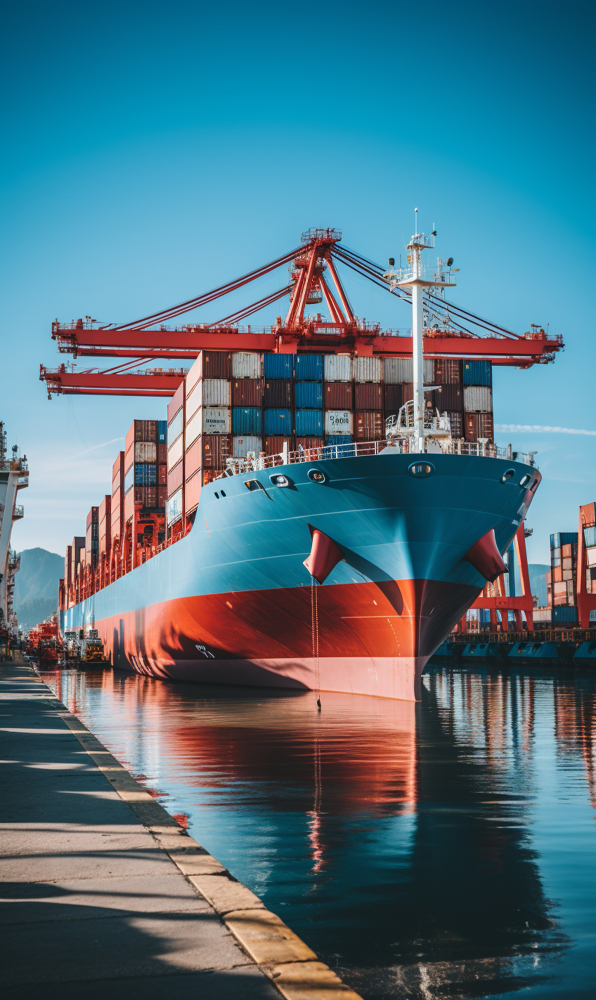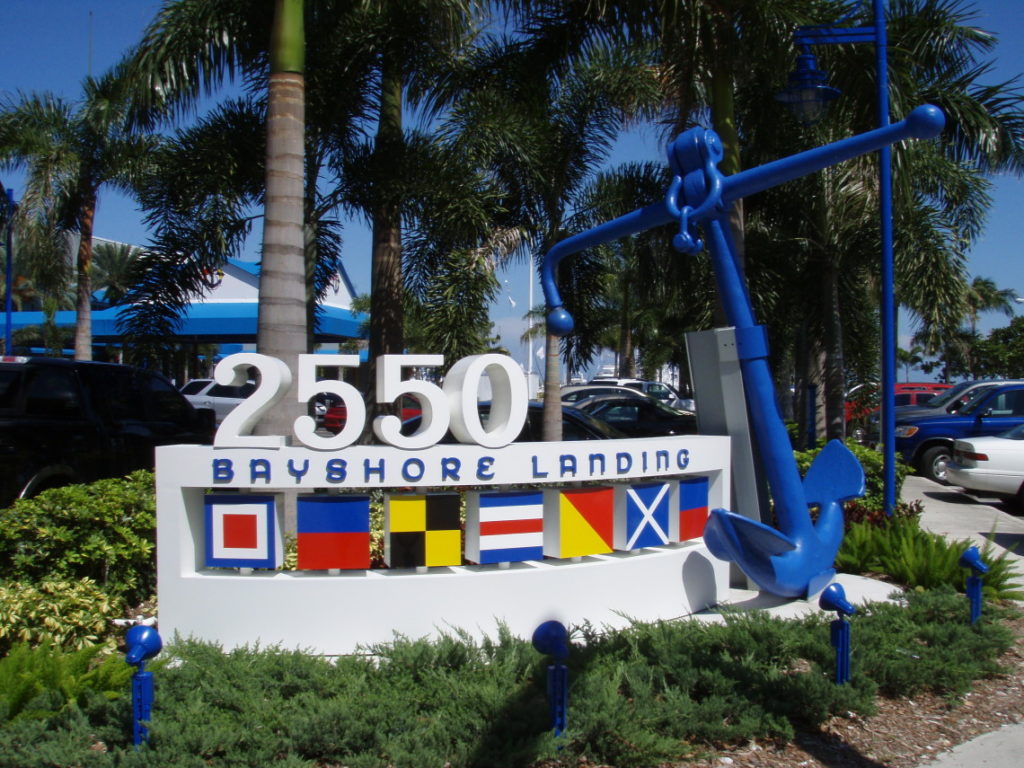 The bulk of maritime commercial activity involves carriage of goods. The most important document used in this type of transaction is the bill of lading. A bill of lading is basically a contract of carriage. Since ocean bills are negotiable, they control possession of the goods and allow for the financing of the movement of merchandise and commodities around the world. The good faith purchaser of a bill of lading, or holder in due course, is given privileged status. The debt is said to be “merged” with the instrument, which means that when the instrument is discharged, so is the underlying debt. It also means that only payment to a holder of the bill or note (someone in physical possession) will discharge the debt.
The bulk of maritime commercial activity involves carriage of goods. The most important document used in this type of transaction is the bill of lading. A bill of lading is basically a contract of carriage. Since ocean bills are negotiable, they control possession of the goods and allow for the financing of the movement of merchandise and commodities around the world. The good faith purchaser of a bill of lading, or holder in due course, is given privileged status. The debt is said to be “merged” with the instrument, which means that when the instrument is discharged, so is the underlying debt. It also means that only payment to a holder of the bill or note (someone in physical possession) will discharge the debt.
One of the most important issues dealt with by maritime law is the loss for lost or damaged goods. The basic statute regulating the subject is the Carriage of Goods by Sea Act of 1936 (also known as Cogsa). The thrust of Cogsa, which followed the Harter Act of 1893 and the Hague Rules, was to prevent ship owners from contracting out of the duty to use care to put his vessel in good shape for the voyage, or the duty to properly care for the goods aboard. If he did however provide a seaworthy vessel, he would not be liable for those in charge of the vessel. Cogsa only applies to foreign trade. Its application is also limited to the period running from the time when the goods are loaded until they are discharged from the ship. In those areas where Cogsadoes not apply, Harter is still applicable law. Also, pursuant to Cogsa, every bill of lading incorporates the statute. It is allowed to contract out of Cogsa’s terms but only by increasing the ship owner’s liabilities and not by decreasing them.
Among the duties of a carrier are the exercise of due diligence to 1) make the vessel seaworthy; 2) properly equip, supply and man the vessel; 3) make the holds, cooling compartments and al other areas where the goods are to be stored, fit and safe for their reception, preservation and carriage. Once the due care is given, the law protects the carrier by stating in Section 4 (1) of Cogsa that:
“Neither the carrier nor the ship shall be liable for loss or damage arising or resulting from unseaworthiness unless caused by want of due diligence on the part of the carrier to make the ship seaworthy, and to secure that the ship is properly manned, equipped, and supplied, and to make the holds, refrigerating and cool chambers, and all other parts of the ship in which goods are carried fit and safe for their reception, carriage and preservation in accordance with the provision of paragraph (1) of section 3. Whenever loss or damage has resulted from unseaworthiness, the burden of proving the exercise of due diligence shall be on the carrier or other persons claiming exemption under this section.”
Section 4(2) of Cogsa lists the causes for which the carrier shall not be liable. The most important is 4(2)a:
“Act, neglect or default of the master, mariner, pilot, or the servants of the carrier in the navigation or in the management of the ship”
Sections 4(2) b through p list other causes of damage which are excepted. Fire, for example, is excepted unless caused by the actual fault or privity of the carrier. The perils of the sea are also excepted. A carrier is also not liable for acts of God or, as stated in the statute,
” for any accident as to which he can show that it is due to natural causes, directly and exclusively, without human intervention, and that it could not have been prevented by any amount of foresight and pains and care reasonably to be expected of him.”
Other exceptions related to human force include: acts of war; acts of public enemies; arrest or restraint of princes; seizure under legal process; quarantine restrictions; riots and civil commotions; strikes; lockouts or stoppages of work; acts or omissions of the owner or shipper of the goods; losses arising from inherent defect of the goods or insufficiency of packing. Section 4(2) provides a catchall exception as follows:
“Neither the carrier nor the ship shall be responsible for loss or damage arising or resulting from……. any other cause arising without the actual fault and privity of the carrier and without the fault or neglect of the agents or servants of the carrier, but the burden of proof shall be on the person claiming the benefit of this exception to show that neither the actual fault or privity of the carrier nor the fault or neglect of the agents or servants of the carrier contributed to the loss or damage.”
The effect of deviation is addressed by Cogsa in Section 4(4) to the effect that a deviation does not breach the Act or the carriage contract if it is undertaken to save life or property at sea. a deviation undertaken to load or unload cargo or passengers is not deemed reasonable and is therefore in breach.
Suits based on cargo loss or damage or other breach of the contract of carriage, are within the admiralty jurisdiction. Actions inpersonam may be brought either in federal court under the admiralty jurisdiction or in state courts under the saving clause. It should be noted, however, that maritime liens arising out of the shipper-carrier relation may be enforced only in federal court under admiralty jurisdiction.
Carriage of Goods by Sea Act (COGSA): 46 U.S.C. Sec. 1300-1315


2550 South Bayshore Drive
Suite #211
Miami, FL 33133
Tel: 855-456-0445
Fax: 305-967-8182
Info@NeblettLaw.com

Just write down some details and our customer success heroes will get back to you in a jiffy!